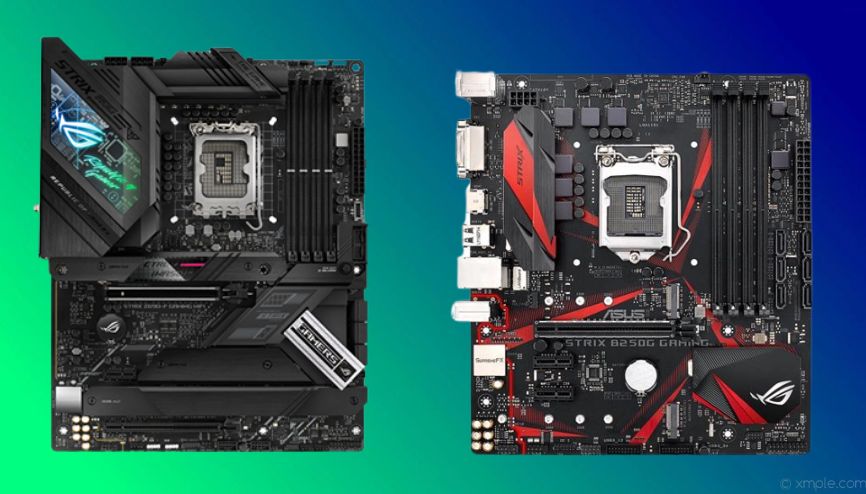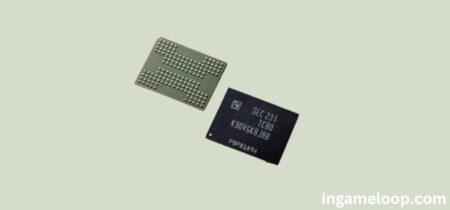
Phoronix claims that 3MDEB has added Coreboot to MSI’s Z690-A Pro WiFi DDR4 motherboard via Dasharo. The Coreboot firmware for your motherboard or laptop promises to be quicker, more adaptable, and more secure than manufacturer UEFIs and BIOS. A highly uncommon step in operating for a fully current platform, especially on the motherboard, is the addition of support by 3MDEB. It is the first publically accessible port of Coreboot for a common Alder Lake motherboard.
For those who don’t know, Coreboot is a free-source software platform that aims to offer systems with more functionality, a lighter weight, and a feature-richer UEFI/BIOS than OEMs. Aside from open source information, Coreboot updates and upgrades are open to many developers’ consideration and can be worked on. As opposed to what is now anticipated, it is promised that Coreboot will use an improved UEFI/BIOS experience as a standard one.
One of the most significant benefits claimed to end customers by Coreboot is a boot-up time up to 70% faster than OEM UEFI/BIOS. Make it impossible for an OS to start up quickly after pressing the power button. Other features include unbreakable update procedures, security upgrades, and many more. We anticipate that this transfer to the MSI Z690-A Pro WiFi will gain a lot from the conventional UEFI due to Coreboot’s capability. This is an unofficial port, therefore it might have issues with MSI’s official firmware.
The firmware is required for Coreboot to function. Dasharo, a company specializing in making firmware compatible with specific platforms, steps in at this point. Dasharo will combine the platform support for Intel FPS or AMD AGESA, new features, and Coreboot’s firmware into an installable package. In order to ensure that the Z690-A Pro WiFi is completely functioning, 3mdeb is attempting to provide a firmware release that is tailored specifically for it.
Using @coreboot org, an Ubuntu 20.04 installer is currently booting on a WMS/Z690-A WiFi DDR4. Coming shortly is the first Dasharo binary release, which will feature UEFI, USB, and display. Twitter image from April 12, 2022: rXvHjQhUFL Currently, open-source BIOS is still in its early stages, but according to a tweet from Dasharo, a binary release with support for UEFI, USB, and the display will be announced soon. We are highly anticipating its release and hope for promising results.
The fact that Coreboot prevents updates from bricking your computer is one of its best features. According to Coreboot’s creators, changing Coreboot’s firmware carries the same risk as updating an app on your phone. Even the boot-up splash screen’s custom JPEG can be loaded thanks to this feature. The good news is that it can now run on fresh hardware. That was not feasible before, thus this represents significant advancement.
The bad news is that Ubuntu Linux hardly runs on it. Piotr Król, CEO of 3mdeb, claims that not all devices in the Ubuntu installation are functionally sound. As an illustration, he claims that there is currently no way to get sound to operate. They simply don’t have enough personnel to test things, which is one of the major problems. Additionally, none of the major motherboard producers want to give them access to their schematics.
According to Król, the business is currently concentrating on Intel’s platform because it provides a superior open-source ecosystem. AMD has reportedly so far declined to participate. Though the notion that we might just replace the UEFI in our computers with an open-source version is definitely intriguing, the truth is that it is highly unlikely to ever happen. Every company views the UEFI for their systems as a significant feature, including Asus, Gigabyte, ASRock, and the rest.
The UEFI and aesthetics are frequently what set them apart because they all have comparable designs and hardware support. There wouldn’t be much of an incentive to pick one motherboard over another if you could install a custom UEFI on any motherboard, provided the hardware features were comparable. We suspect motherboard producers would cede that power, even though they could eventually see the advantages of providing an “open source compatible” motherboard. Not to mention that doing so can trigger a flood of support tickets.







